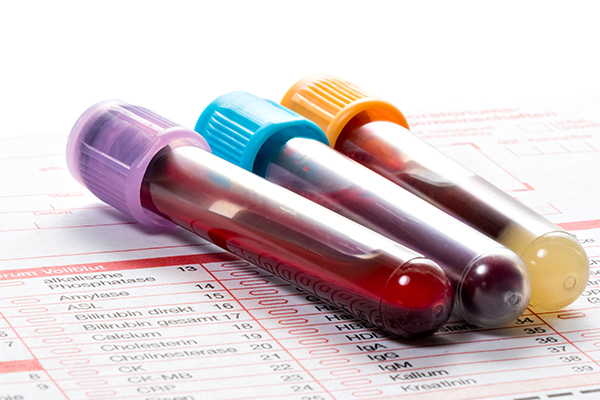In this article:
A leaky gut occurs when the intestinal barrier weakens due to digestive issues, infections, or drugs.

A weakened gut causes substances within the intestine such as food particles and disease-causing bacteria to “leak” into the blood. The consequences of this leaky gut affect other organs, causing further illnesses. (1)
Do You Have a Leaky Gut?
A leaky gut can cause symptoms similar to other digestive conditions and can often be misunderstood or can go undiagnosed for a long time.
Consider getting a proper consultation with your healthcare provider if you have any of the following symptoms: (2)
- Burning sensation in the abdomen
- Pain in the stomach after eating
- Gas and bloating
- Diarrhea
- Tiredness or fatigue despite eating well
People who have risk factors associated with a leaky gut, such as type 1 diabetes, inflammatory bowel disease, multiple sclerosis, certain infections, and high levels of stress, need to be cautious when experiencing the symptoms listed above as you may be at risk of developing a leaky gut.
What Tests Can I Get Done?

If you have been experiencing the symptoms listed above for a long time, it is highly recommended that you consult a doctor and get tests done immediately to identify if you are suffering from a leaky gut.
Your doctor may order the following tests: (2)
- Urine tests
- Blood tests
- Biopsy of stomach tissue
- Endoscopy
Management of a Leaky Gut
Since the major physiological driver of a leaky gut is an imbalance in gut microorganisms, the following dietary interventions may help.
1. Following a low-FODMAP diet
A diet with low FODMAP (fermentable oligosaccharides, disaccharides, monosaccharides, and polyols) foods is known to be the most effective in reducing symptoms associated with inflammatory bowel disorder.
This diet avoids foods that may be common allergens and includes foods that reduce gas and bloating such as fruits such as peaches, plums, and apricots, onions, garlic, yogurt, milk, bread, lentil, cereals, and crackers. (3)
The one drawback of a low-FODMAP diet is that it does not include probiotic-rich foods, which are essential for healthy and diverse gut microorganisms.
2. Consuming probiotics and prebiotics

Probiotic foods are those that contain strains of beneficial bacteria. These foods include yogurt, fermented buttermilk, kimchi, sauerkraut, kombucha, and tempeh.
Prebiotic foods are those that contain soluble fibers such as oats, some fruits, and psyllium husk. They support gut microorganisms by providing them with the right components that they can utilize. (4)
Maintaining good gut microorganism biodiversity is critical to maintaining the intestinal barrier that is damaged in a leaky gut.
3. Reducing sugar and fat in the diet
A diet high in fat and added sugars, such as one containing processed foods, chips, cakes, pastries, biscuits, and sugary drinks, and low in fiber and other nutrients is a major cause of inflammation in the body.
Since inflammation is directly linked to causing a leaky gut, it is highly recommended to avoid such foods to prevent worsening of the condition. (5)
4. Addressing nutritional deficiencies

Since the intestinal barrier is damaged in a leaky gut, food consumed is often indigested improperly and incompletely. It is very common to experience vitamin and mineral deficiencies in such cases. (5)
In addition, certain vitamins, such as vitamins A and D, and minerals, such as zinc, play a role in maintaining gut diversity. (5)(6) It is important to address these deficiencies and meet your nutrient requirements via the diet or through supplements prescribed by the doctor.
Final Word
A leaky gut can result from a variety of conditions such as type 1 diabetes, autoimmune diseases, infections, and intake of some medications. When you experience severe digestive issues over a long period, it is important to get tested and address a leaky gut as soon as a diagnosis is made.
Dietary modifications such as consuming probiotic-rich foods will improve the diversity of gut microorganisms. In addition, completely eliminating foods that trigger your allergies will reduce the likelihood of stimulating the body’s immune response, which can further worsen a leaky gut.
It may take some time but a leaky gut can heal with careful and consistent interventions.
- Was this article helpful?
- YES, THANKS!NOT REALLY


